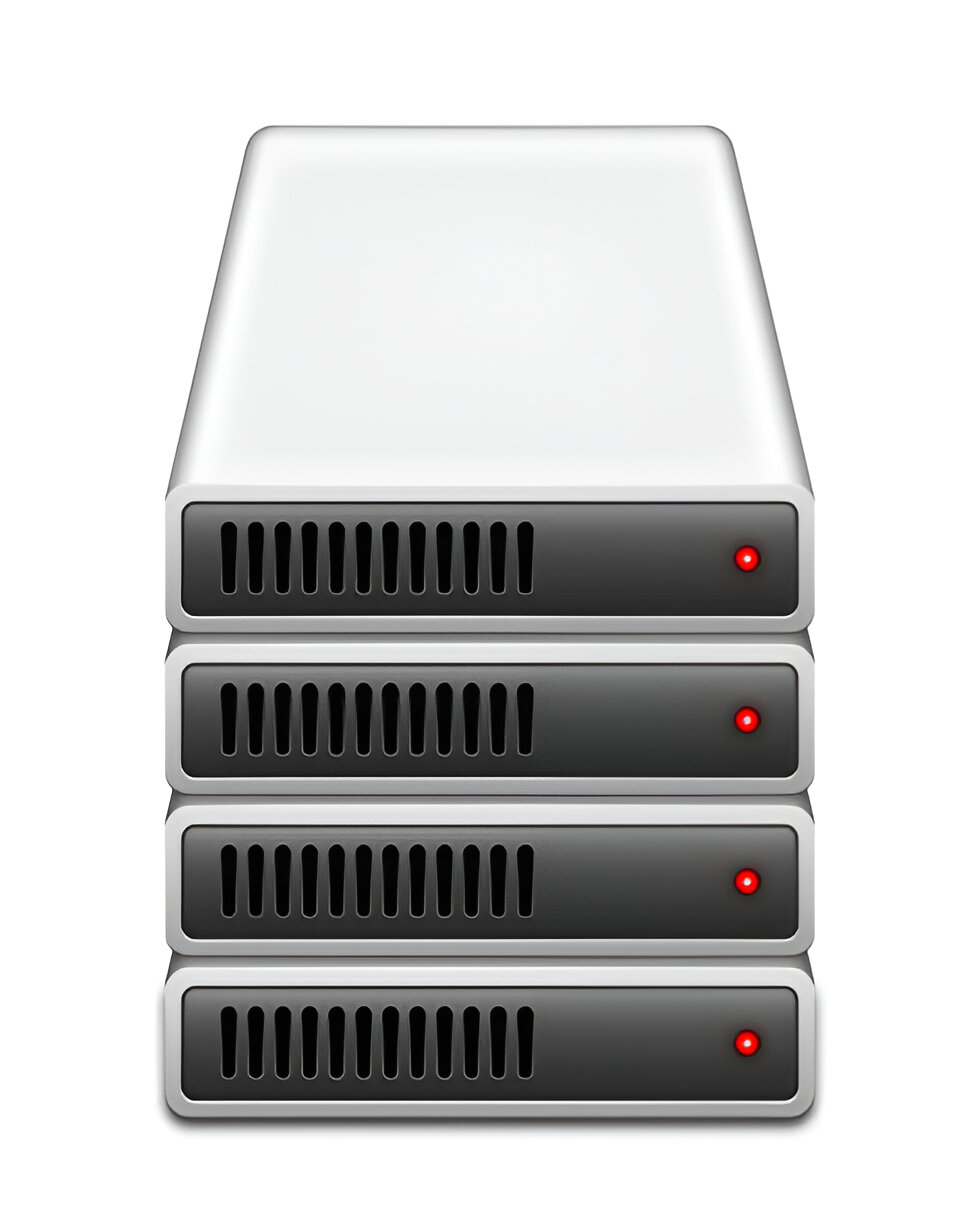Power outages are never fun. Whether it’s a sudden thunderstorm, a blown transformer, or a planned blackout, losing electricity can throw off your entire routine. That’s why more and more homeowners are looking into reliable backup power for home use.
But with so many options out there, generators, batteries, solar setups, it can get overwhelming fast. So, how do you figure out what’s best for you and your home? Here’s a straightforward guide to help you make the right choice.
Start with what you need
Before you dive into researching models and prices, take a step back and think: What do I really need to keep running during a power outage?
Some folks just want to keep their fridge cold and charge their phones. Others might need to power a sump pump, medical equipment, or a home office. Make a quick list of your essential appliances and devices. Then check how much power each one uses (you can usually find this on the label or in the manual).
This list will give you a rough idea of how much wattage you need in a backup power source. It’s better to slightly overestimate than come up short when the lights go out.
Know your options
Pros:
- Affordable
- Easy to move and store
- Good for temporary power needs
Cons:
- Manual start
- Needs refueling
- Noisy and must be used outdoors
If you don’t mind going outside to start it and keeping some fuel on hand, a portable generator might be all you need.
2. Standby generators
These are larger systems that are permanently installed outside your home. They kick on automatically when the power fails and can run everything, from your lights to your central AC.
Pros:
- Automatic operation
- Handles full house load
- Runs on natural gas or propane
Cons:
- High upfront cost
- Professional installation required
- Regular maintenance needed
If you live in an area with frequent or long outages, this is a reliable and hassle-free solution.
3. Battery Backup Systems
Battery systems are clean, quiet, and usually paired with solar panels. They store energy and release it when you need it, with no fumes or noise involved.
Pros:
- Silent and low-maintenance
- No fuel needed
- Eco-friendly
Cons:
- Higher initial investment
- Limited power supply
- Might not support heavy-duty appliances
This is a great option for those wanting a green and modern approach to backup power for home.
Fuel considerations matter
Another big factor is fuel. If you’re choosing a generator, think about what type of fuel makes the most sense for you.
- Gasoline: Easy to find, but it doesn’t store well long-term.
- Propane: Cleaner and lasts longer in storage.
- Natural gas: Great for standby systems, but not always available everywhere.
- No fuel: Battery and solar systems require no fuel, which is a plus for convenience.
Ask yourself: Do I want to keep gas cans in the garage? Is propane available in my area? Or would I rather avoid fuel altogether?
How long should it run?
Power outages vary. Some last an hour or two, while others can go on for days. If you just want coverage for short blackouts, a small generator or battery might do. But for longer outages, you’ll need something that can run longer without constant attention.
Battery backups depend on their storage capacity. A portable generator might need refueling every 6 to 12 hours. A standby system tied to natural gas can run for days without a break. Think about the worst-case scenario and plan for that.
Don’t forget about the noise
Generators can be loud, like, lawnmower loud. If you live in a tight neighborhood, your neighbors might not love the sound of a generator humming all night. Battery systems, on the other hand, are completely silent.
Also, keep in mind that portable generators must be used outdoors for safety. Carbon monoxide is no joke. Never run one in a garage or enclosed space.
Budget breakdown
Let’s talk money. Prices vary a lot depending on the type and size of the system.
- Portable generators: $400–$2,000
- Standby generators: $5,000–$15,000 (installed)
- Battery systems: $8,000 and up, especially with solar panels
It’s not just the initial cost either fuel, maintenance, and installation can add up. So figure out what fits your budget and how often you expect to use it. For rare outages, a smaller system might make more sense. If you work from home or have medical needs, investing in a higher-end setup could be worth it.
Installation and upkeep
Some systems are plug-and-play. Others need a pro to set up. Standby generators and battery systems often require permits and a licensed electrician. Once installed, most systems need some kind of upkeep oil changes, battery checks, or software updates.
Ask yourself how hands-on you want to be. If you’re comfortable maintaining a generator, great. If not, go for something low-maintenance or automatic.
Final thoughts
Choosing the right backup power for home doesn’t have to be complicated. It all comes down to your needs, budget, and how much convenience you’re looking for. From a small generator that keeps your fridge running to a full-blown standby system that powers everything, there’s a solution out there for every kind of homeowner.
Take your time, do your homework, and invest in something that gives you peace of mind the next time the power goes out.
Link Whisper Target Keywords
Move upMove downToggle panel: Link Whisper Target Keywords
- Backup Power
- How to Choose the Best Backup Power for Home Use
Update Existing Keywords
Link Whisper Suggested Links
Move upMove downToggle panel: Link Whisper Suggested Links
Processing Link Suggestions
Use up and down arrow keys to resize the meta box panel.
Now that you know your power needs, let’s talk about the main types of backup systems available.
1. Portable generators
These are probably the most common options. You can pick one up at a hardware store, fill it with gasoline or propane, and fire it up when the power goes out. They’re great for short-term use.
Pros:
- Affordable
- Easy to move and store
- Good for temporary power needs
Cons:
- Manual start
- Needs refueling
- Noisy and must be used outdoors
If you don’t mind going outside to start it and keeping some fuel on hand, a portable generator might be all you need.
2. Standby generators
These are larger systems that are permanently installed outside your home. They kick on automatically when the power fails and can run everything, from your lights to your central AC.
Pros:
- Automatic operation
- Handles full house load
- Runs on natural gas or propane
Cons:
- High upfront cost
- Professional installation required
- Regular maintenance needed
If you live in an area with frequent or long outages, this is a reliable and hassle-free solution.
3. Battery Backup Systems
Battery systems are clean, quiet, and usually paired with solar panels. They store energy and release it when you need it, with no fumes or noise involved.
Pros:
- Silent and low-maintenance
- No fuel needed
- Eco-friendly
Cons:
- Higher initial investment
- Limited power supply
- Might not support heavy-duty appliances
This is a great option for those wanting a green and modern approach to backup power for home.
Fuel considerations matter
Another big factor is fuel. If you’re choosing a generator, think about what type of fuel makes the most sense for you.
- Gasoline: Easy to find, but it doesn’t store well long-term.
- Propane: Cleaner and lasts longer in storage.
- Natural gas: Great for standby systems, but not always available everywhere.
- No fuel: Battery and solar systems require no fuel, which is a plus for convenience.
Ask yourself: Do I want to keep gas cans in the garage? Is propane available in my area? Or would I rather avoid fuel altogether?
How long should it run?
Power outages vary. Some last an hour or two, while others can go on for days. If you just want coverage for short blackouts, a small generator or battery might do. But for longer outages, you’ll need something that can run longer without constant attention.
Battery backups depend on their storage capacity. A portable generator might need refueling every 6 to 12 hours. A standby system tied to natural gas can run for days without a break. Think about the worst-case scenario and plan for that.
Don’t forget about the noise
Generators can be loud, like, lawnmower loud. If you live in a tight neighborhood, your neighbors might not love the sound of a generator humming all night. Battery systems, on the other hand, are completely silent.
Also, keep in mind that portable generators must be used outdoors for safety. Carbon monoxide is no joke. Never run one in a garage or enclosed space.
Budget breakdown
Let’s talk money. Prices vary a lot depending on the type and size of the system.
- Portable generators: $400–$2,000
- Standby generators: $5,000–$15,000 (installed)
- Battery systems: $8,000 and up, especially with solar panels
It’s not just the initial cost either fuel, maintenance, and installation can add up. So figure out what fits your budget and how often you expect to use it. For rare outages, a smaller system might make more sense. If you work from home or have medical needs, investing in a higher-end setup could be worth it.
Installation and upkeep
Some systems are plug-and-play. Others need a pro to set up. Standby generators and battery systems often require permits and a licensed electrician. Once installed, most systems need some kind of upkeep oil changes, battery checks, or software updates.
Ask yourself how hands-on you want to be. If you’re comfortable maintaining a generator, great. If not, go for something low-maintenance or automatic.
Final thoughts
Choosing the right backup power for home doesn’t have to be complicated. It all comes down to your needs, budget, and how much convenience you’re looking for. From a small generator that keeps your fridge running to a full-blown standby system that powers everything, there’s a solution out there for every kind of homeowner.
Take your time, do your homework, and invest in something that gives you peace of mind the next time the power goes out.






